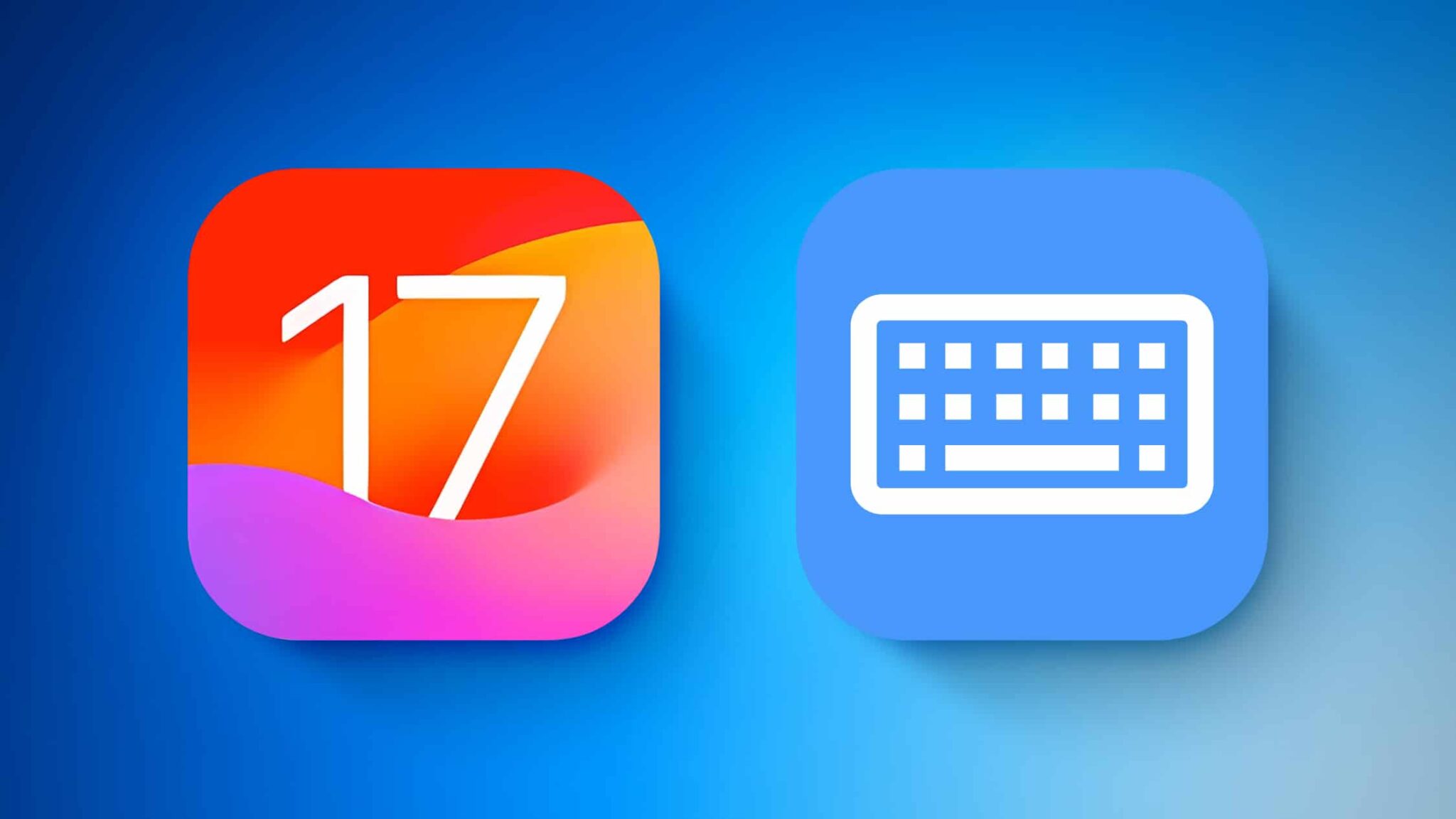In a significant leap forward, the latest advancements in AI-enabled smartwatches are changing the game for personal health and wellness. These devices now offer hyper-personalized insights by meticulously analyzing user data, ushering in a new era of health monitoring technology. Unlike their predecessors, which focused primarily on fitness tracking and notifications, the current generation of smartwatches leverages advanced algorithms to provide users with detailed health analyses and predictions, tailored specifically to their unique physiological patterns.
AI-enabled smartwatches are now capable of monitoring a wide array of health metrics, including heart rate variability, blood oxygen levels, sleep patterns, and even stress levels. By analyzing this data in real-time, these smart devices can identify patterns and anomalies specific to the user, offering personalized recommendations for improving health and well-being. This technological advancement represents a significant step toward more proactive and preventive health care, allowing individuals to take charge of their health with data-driven insights.
What sets these AI-powered devices apart is their ability to learn and adapt to the user’s lifestyle and habits over time. The more data the watch collects, the more accurate and personalized its insights become. This continuous learning process enables the watch to provide recommendations that are increasingly tailored to the user, from suggesting the best times of day for activity based on energy levels, to offering advice on improving sleep quality based on sleep cycle analysis.
Moreover, the integration of AI into smartwatches has opened up new possibilities for managing chronic conditions. For individuals with heart conditions, diabetes, or other chronic health issues, these devices can play a crucial role in monitoring symptoms and triggering alerts for potential health concerns, potentially even before the user notices any symptoms themselves. This can facilitate earlier intervention and, in some cases, may help prevent emergency situations.
The development and enhancement of AI-enabled smartwatches are driven by a collaboration between tech companies and medical experts. This interdisciplinary approach ensures that the health insights provided by these devices are not only accurate but also meaningful and actionable. As the technology continues to evolve, future iterations of these smartwatches are expected to offer even more advanced health monitoring features, further blurring the lines between consumer electronics and medical devices.
However, with these advancements come concerns about privacy and data security. Users are increasingly cautious about who has access to their health data and how it’s used. Manufacturers are addressing these concerns by implementing robust security measures and giving users control over their data, ensuring that personal health information remains private and secure.
AI-enabled smartwatches are at the forefront of a health technology revolution, offering users unprecedented access to personalized health insights. By harnessing the power of AI to analyze personal health data, these devices are not only enhancing our understanding of our own health but also empowering us to make informed decisions about our well-being. As technology continues to advance, the potential for AI in personal health monitoring seems boundless, promising a future where our watches keep an eye on our health, perhaps even before we do.






























